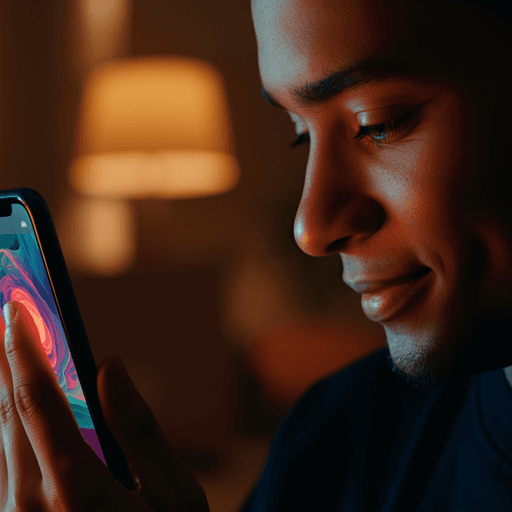
Medicine and Health
Efficacy of a Mobile App-Based Intervention for Young Adults With Anxiety Disorders: A Randomized Clinical Trial
J. N. Bress, A. Falk, et al.
A 6-week, self-guided mobile CBT program (Maya) produced significant reductions in anxiety among young adults, with benefits maintained at 12-week follow-up. Different text-message incentive framings did not differentially affect outcomes, while participants completed most sessions and rated the app acceptable—supporting scalable digital delivery of comprehensive CBT. Research conducted by Jennifer N. Bress, Avital Falk, Maddy M. Schier, Abhishek Jaywant, Elizabeth Moroney, Monika Dargis, Shannon M. Bennett, Matthew A. Scult, Kevin G. Volpp, David A. Asch, Mohan Balachandran, Roy H. Perlis, Francis S. Lee, and Faith M. Gunning.
Related Publications
Explore these studies to deepen your understanding of the subject.







